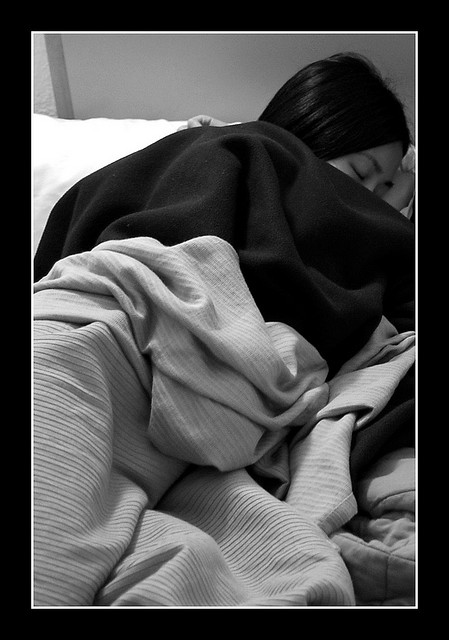We all tend to underestimate the importance of proper sleep. We assume it is one of the things that has to be done, whichever way we want to. However, sleeping well has immense benefits and, increasingly, researches are pointing towards the ill effects of sub-optimal sleep.
Dr. James B. Maas of Cornell University has the following to say on sleeping well:
Sleep is a necessity and the secret to being a peak performer. When you don’t get proper sleep, you experience increased stress, feelings of lethargy, weight gain, reduced immunity and lowered productivity and memory. How do you know if you are getting proper sleep? Answer the following questions:
* Do I need an alarm clock to wake up at the right time?
* Do I often fall asleep in meetings, after heavy meals or when watching TV?
* Do I often sleep extra hours on weekend mornings?
* Do I feel tired during the day? If you answered yes to any of these questions, it’s likely you need more sleep.
The Rules of Sleep
1. Get proper sleep
Identify the RIGHT amount of sleep you need to be fully alert all day and get that amount every night. For most adults, it’s eight hours. For some, it is just six to seven, even five.
2. Don’t force yourself
If you are having difficulty sleeping, don’t try and force yourself to sleep. Instead, try and rest. Indulge in something that relaxes you.
3. Establish a regular sleep schedule
Try and go to bed at the same time every night and get up at the same time every morning, all seven days of the week.
4. Get continuous sleep
Try and get continuous sleep because that is the most rejuvenating. Establishing a schedule would help.
5. Don’t try and make up lost sleep at night
This could disrupt your sleep schedule. However, you cannot control sleepiness and it makes sense to go for a short power nap at midday.
6. Try and leave your worries outside the bedroom.
This is easier said than done. However, as much as possible, avoid thinking of stuff that is worrying you. They will stress you out and impede the sleeping process.
7. Sleep in silence. Sleep in darkness.
These two will surely help improve the quality of your sleep.
8. Exercise. Eat a proper diet. Avoid caffeine and alcohol closer to bedtime.
Add ‘do not smoke’ to these sensible points and you will go a long way towards better sleep. It would help if you drink a little water before going to sleep.
Visual Courtesy:http://www.flickr.com/photos/kudumomo/







